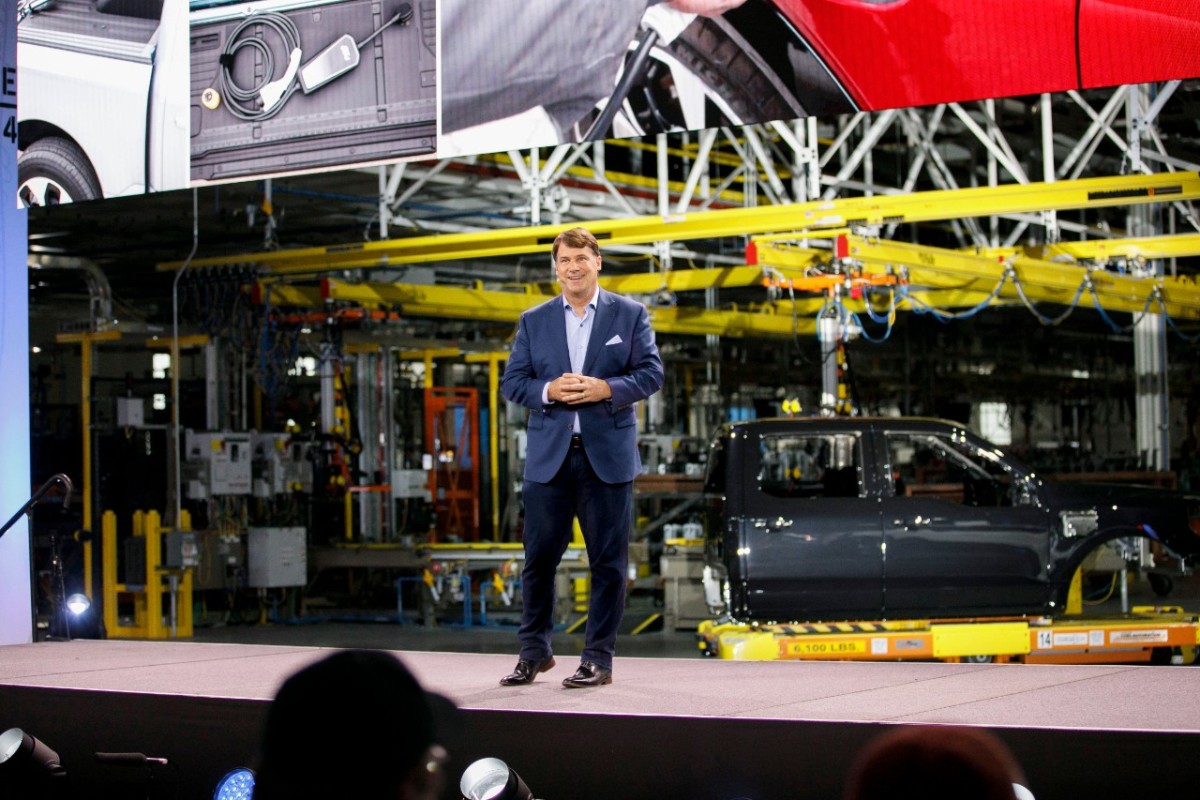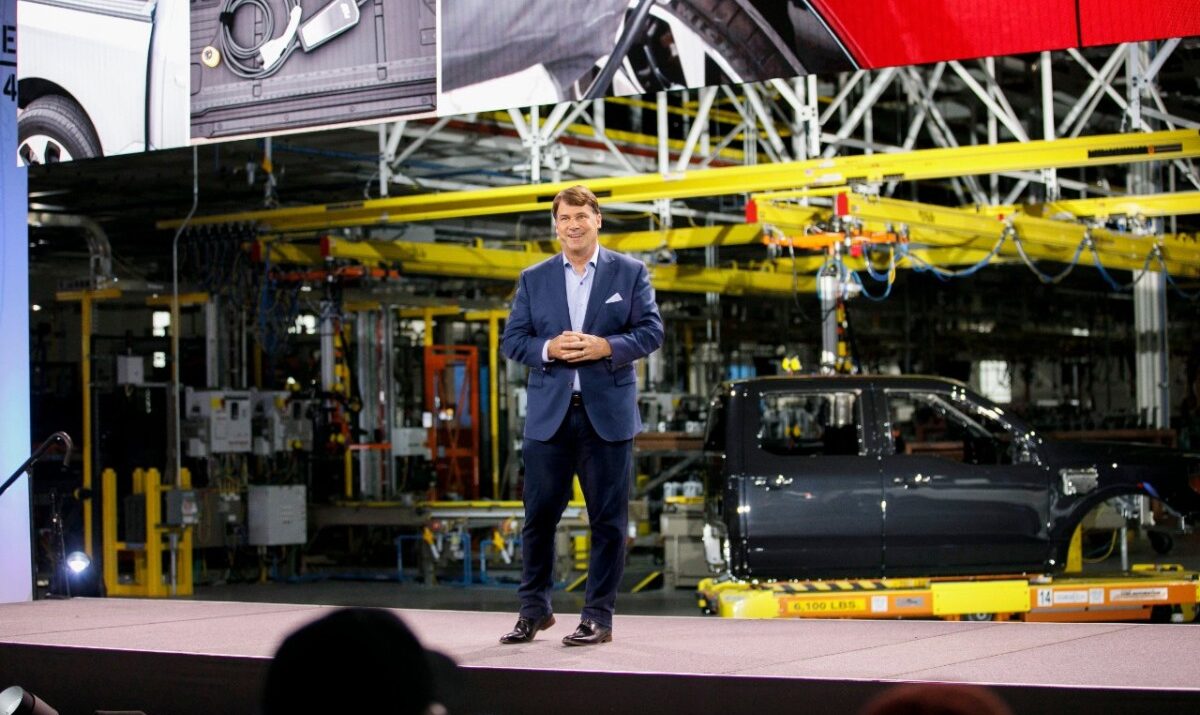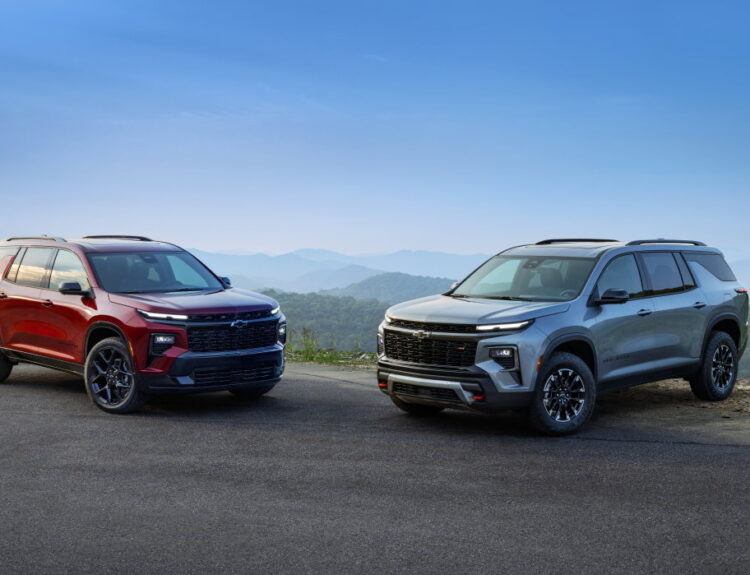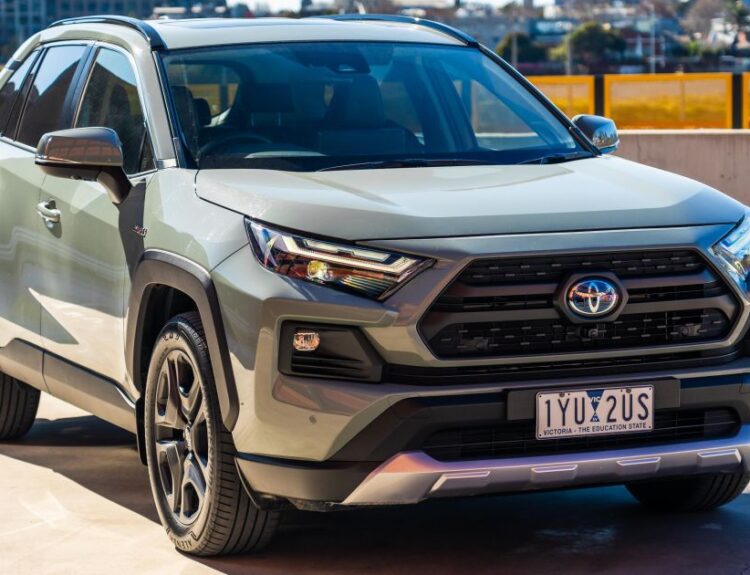
As the global electric vehicle landscape evolves, Chinese manufacturers are asserting themselves with increasing vigor, prompting established brands like Ford to recalibrate their strategies. Jim Farley, CEO of Ford, has proclaimed that the automaker’s forthcoming mid-size electric pickup truck, expected to be a “game-changer," will directly challenge its Chinese counterparts, notably in production efficiency and cost. However, there’s a caveat: consumers will have to wait another three years for this vehicle to grace the marketplace.
Ford’s Imperative: Prioritizing EV Profitability While Eyeing Chinese Rivals
With substantial losses in its EV division accumulating in the first half of 2024—totaling billions—Ford is under pressure to enhance its revenue from electric models. Farley is confident, stating that the company aims to align its production costs with those of any Chinese automaker setting up shop in Mexico. This bold assertion is backed by what he described as the company’s knowledgeable insight into future costs, mentioning that "60 percent of the bill of materials has already been quoted."
The new mid-size electric truck is projected to compete directly with models like the BYD Shark, which is currently taking pre-orders across various global markets. Ford intends to implement cost-saving strategies, including in-house battery manufacturing and a versatile platform that will support multiple vehicles in its electric lineup. Earlier this year, Farley acknowledged the exceptional work of Ford’s “Skunkworks” team, which is developing this adaptable platform, asserting that they have "over-delivered." With plans for lithium iron phosphate (LFP) battery production set to commence in Michigan by 2026, the prospects appear promising. Nonetheless, timing remains a significant hurdle.
Protracted Timelines Reveal Uncertainty for Ford’s Electric Truck
Ford has repeatedly modified its electric vehicle roadmap, from shelving plans for a three-row electric SUV to broadening its hybrid portfolio. The current landscape is drastically different from just a few months ago. Known internally as “Project T3,” the anticipated truck isn’t expected to launch until late 2027, and details about its specifications remain scarce.
Despite these delays, Ford is committed to utilizing its Tennessee facility for production. Meanwhile, competitors like BYD are contemplating a manufacturing plant in Mexico, which would boast an annual capacity of approximately 150,000 units. Already, BYD has begun delivering vehicles in Mexico, with the Shark set to make its global debut in early 2024. Priced around $55,000 in various markets, the BYD Shark targets segments that include the Ford Ranger and Toyota Hilux, raising questions about Ford’s competitive stance in an evolving market.
Conclusion: A Crucial Moment for Ford’s EV Future
For Ford, successfully launching a profitable electric vehicle is imperative; this understanding is not lost on Farley or his team. The electric vehicle sector is rife with companies making grand promises, yet it remains uncertain how a mid-size Ford electric truck will resonate when it finally arrives, especially with such a long lead time before its market debut. While the early indications are encouraging, the ultimate test will be whether Ford can navigate this critical period and retain its relevance in the electrifying future of automobiles.
Source:www.autoblog.com






